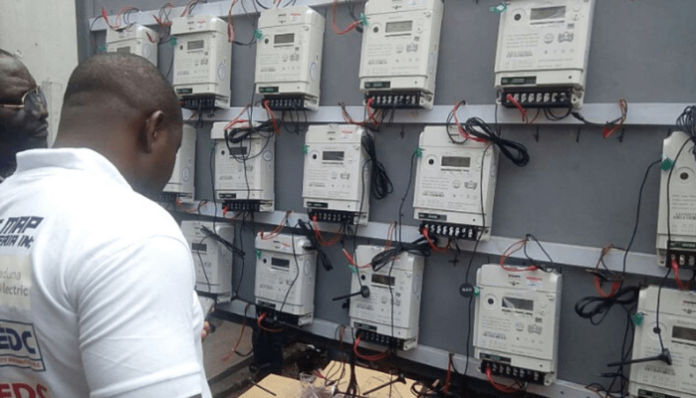The Nigerian Electricity Regulatory Commission has approved an increase in electricity tariff for customers under the Band A classification.
Vice Chairman of NERC, Musliu Oseni, said by virtue of the increase, customers paying N66 kilowatt per hour will start paying N225 KWh.
Customers under Band A are those who enjoy 20 hours of electricity supply daily.
Speaking at a Press conference in Abuja on Wednesday [today], Oseni said customers in Band A represent 15 percent of the 12 million electricity customers in the country.
He added that the commission had also downgraded some customers on the Band A to Band B due to the non-fulfillment of the required hours of electricity provided by the electricity distribution company.
He said, “We currently have 800 feeders that are categorised as Band A, but it will now be reduced to under 500. This means that 17 per cent now qualify as Band A feeders. These feeders only service 15 per cent of total electricity customers connected to the feeders.
“The commission has issued an order which is titled ‘April Supplementary Order’ and the commission allows a 235 kilowatt per hour.”
He added that the review will not affect customers on the other bands.
Citing sources, Bloomberg had on Tuesday reported that power companies will be allowed to raise electricity prices to N200 ($0.15) per kilowatt-hour from N68 for urban consumers.
It quoted people in the presidency with knowledge of the matter saying this was in a bid to attract new investment and slash about $2.3 billion spent to cap tariffs.
According to the news agency, “Nigerians will now have to pay $2.42 per one million British thermal units from the previous rate of $2.18 MMBtu.”
The development comes amid Monday’s announcement by the Nigerian Midstream and Downstream Petroleum Regulatory Authority of an increase in the price of natural gas, which is used to generate more than 70 per cent of electricity in Nigeria.


